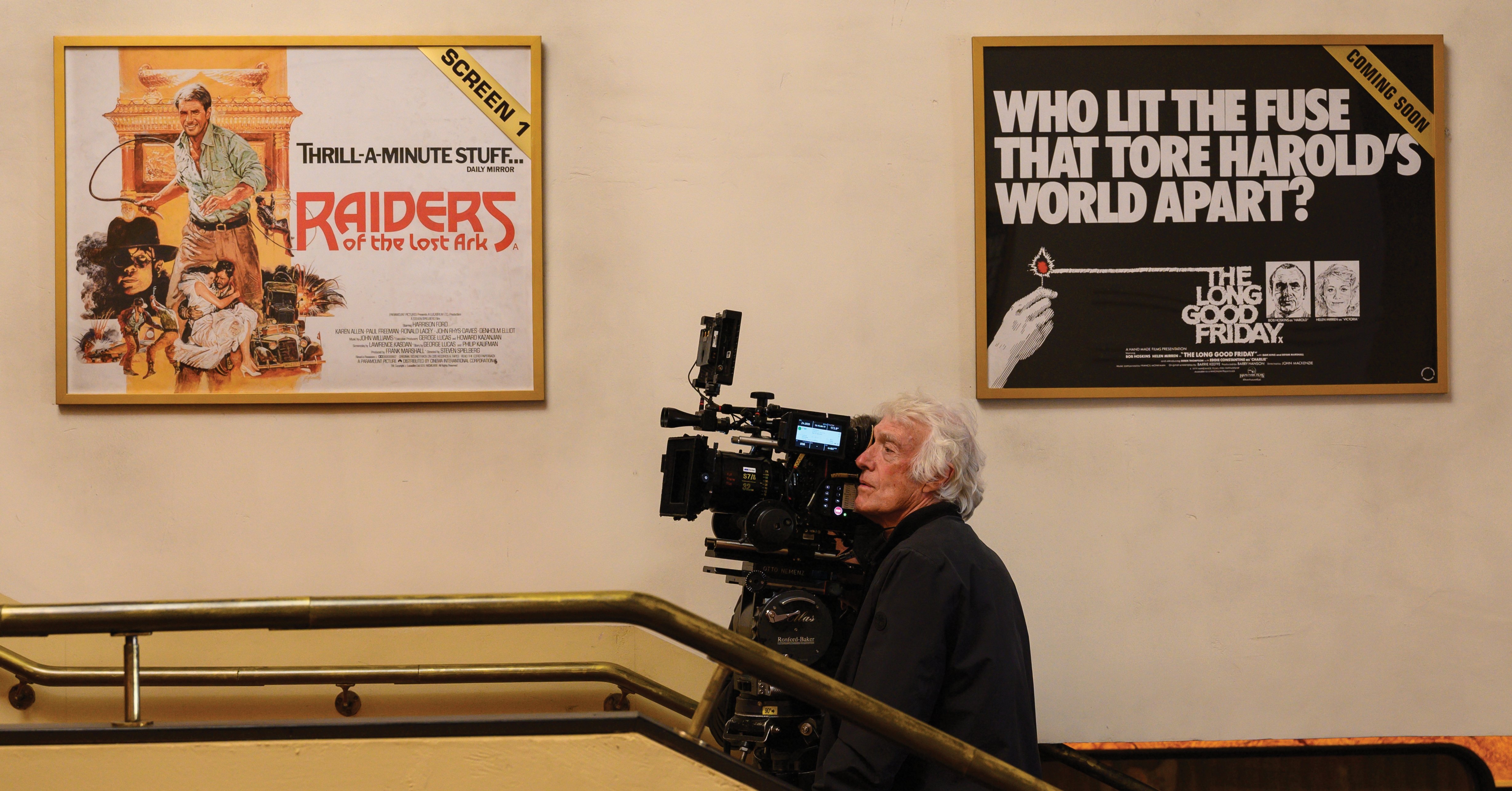Forum Replies Created
-
AuthorReplies
-
Yes, in my head this wasn’t my intention but was certainly what I wrote…
Thanks for your explanations, it’s clearly not as clean-cut as I previously thought!
Thanks for your insight David, as always they are second to none and I stand corrected!
I was under the impression that a modern film photographed on film would simply have the negatives scanned directly on something like an Arriscan and then be inverted and graded in the DI.
@BHGoddard, all good hijak away mate!I’m more getting at the differences at least to my eye between two movies, shot on 35mm and released say, one in the 1990’s compared with one released in 2024. I know that the final look will depend on a whole lot more factors than just the capture technology but I figured it would be at least partly down to the different treatment of the footage in post production. A predominately chemical process vs predominately digital. I’m only 23 and never got to experience the practice of cinematography before the digital era so this is the reason for my interest and lack of knowledge in the subject.
Hi Roger, what was the reason for using the mirror to reflect the PAR for the sunlight and was the mirror used for all of these shots? Was it to change the quality of the PAR or simply due to limited space? Thank you.
There’s a great episode of the podcast with Joachim Zell from Company 3 where they discuss LUTs. All it is a file that tells the grading software to change one set of values to another. Hue, Saturation, and Contrast usually being the main ones targeted. Most manufacturers will release a LUT on their website for their cameras to correct the Log image to an image that looks “correct” on the monitor you are viewing on. For example Arri Log-C to Rec.709 LUT converts the values of Log-C to values that look correct on a Rec.709 monitor.
On set LUTs are used to correct the image so that anyone viewing the feed on a monitor will see a corrected version of what is being captured by the camera.
In a grade, they can be used for either a basic correction or for a specific look. It all depends on the DP and colorist’s way of working.
They are just a tool.
Hi Roger, I too, was wondering this as I was reading through the ASC article about Empire of Light and there is this picture where you are what seems to be framing up a shot but with a Cooke S7 32mm on the camera.
Was this for another purpose if you didn’t actually shoot with the Cooke?
Thanks!

-
AuthorReplies
